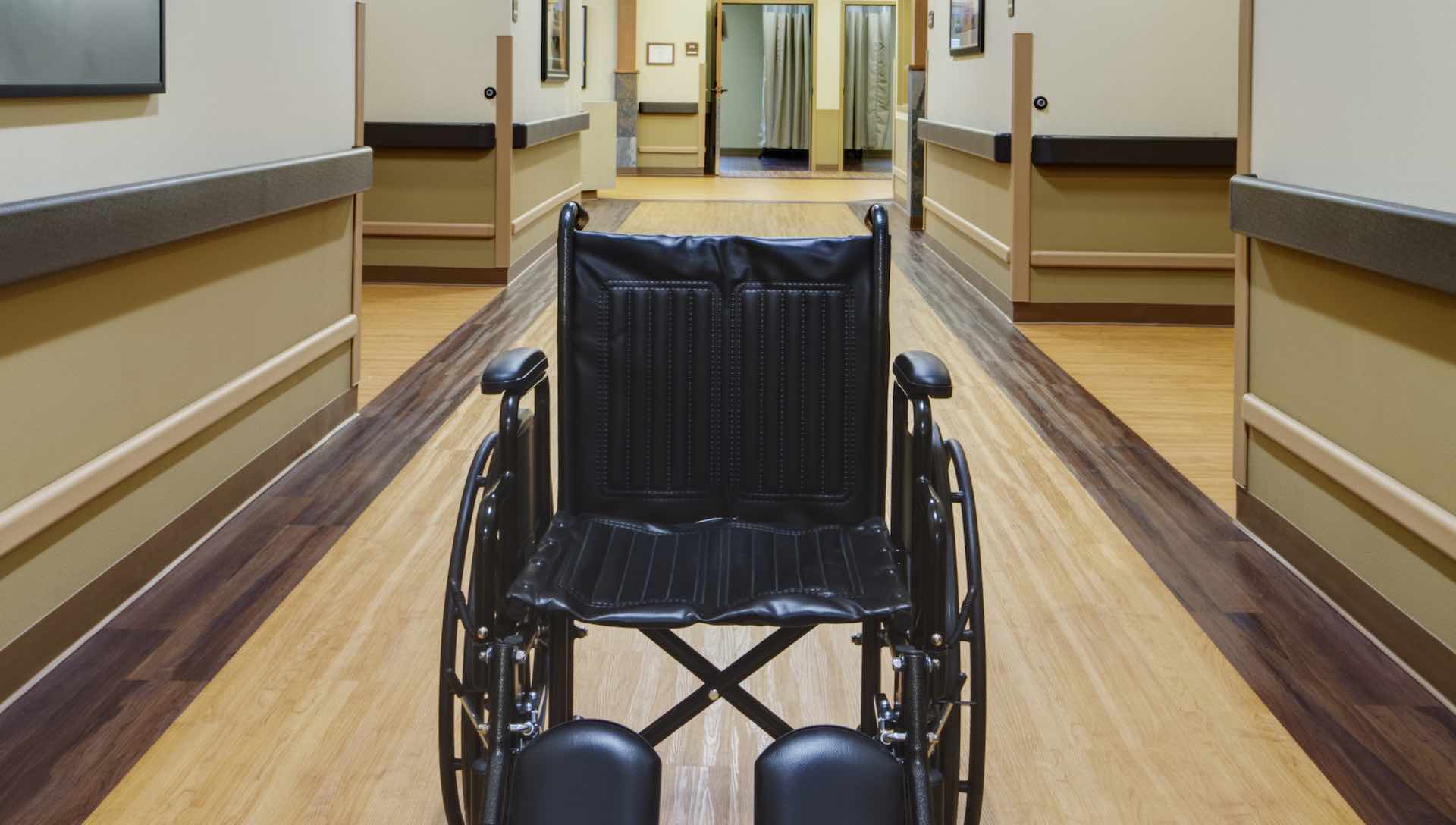The Cost of a Cheap Fix: Medspas Using Compounded Weight-Loss Drugs

In the age of injectable weight-loss miracles, demand for drugs like Ozempic, Wegovy, Mounjaro, and Zepbound has surged past supply—and budget. For medspas eager to ride the GLP‑1 wave, the temptation to offer cheaper, compounded versions can be hard to resist.
But behind the appealing price tag of these unbranded semaglutide or tirzepatide compounds lies a tangle of legal, medical, and insurance risks that could jeopardize your business, your license, and your patients' health.
Let’s explore why.
A Dangerous Shortcut
Compounded GLP-1 drugs are often marketed as budget-friendly “alternatives” to FDA-approved medications. They're typically prepared by 503A compounding pharmacies and delivered in multi-dose vials or syringes. The problem? They aren’t FDA-approved.
In fact, the FDA issued explicit warnings in 2023 and 2024 about these compounded medications, citing:
- Use of salt-based forms like semaglutide sodium or acetate, which are not the same as the FDA-approved base compound.
- Risk of contamination, inconsistent potency, and improper dosing.
- Sharp increases in poison control calls, overdoses, and even deaths related to compounded GLP-1 usage.
In April 2025, the FDA formally banned compounded versions of these drugs unless the brand-name versions were on the official drug shortage list—and they’re not anymore.
The Legal and Insurance Fallout
For insurers and underwriters, offering compounded GLP‑1s is a massive red flag. Why?
- Medical malpractice exposure skyrockets when unapproved drugs are administered.
- Product liability is shifted entirely to the provider, not the manufacturer.
- Most malpractice and general liability policies exclude coverage for off-label or non-FDA-approved drugs—leaving medspas dangerously exposed in the event of adverse outcomes.
Insurers that specialize in aesthetic and wellness services are already tightening eligibility requirements. Offering unapproved weight-loss medications could make your business ineligible for renewal or void a current policy altogether.
Short-Term Profit, Long-Term Liability
The math might look appealing on the surface: compounded semaglutide can cost half of the brand-name injectable. But it’s a classic case of penny-wise, pound-foolish:
|
Risk |
Consequence |
|
Patient adverse event |
Lawsuit + reputational damage |
|
Regulatory audit |
Fines or loss of license |
|
Carrier denial |
No insurance protection |
|
Drug ban enforcement |
Inventory seizure, FDA action |
Even for practices with a strong informed consent process, courts may still rule against you if patients suffer harm from non-approved medications.
A Better Path Forward
If your medspa wants to offer weight-loss programs responsibly:
- Stick with FDA-approved medications (e.g., Wegovy for weight loss; Ozempic and Mounjaro for Type 2 diabetes).
- Work with licensed prescribers who understand proper dosage and monitoring.
- Ensure your malpractice and GL insurance carriers approve your treatment protocols.
- Avoid partnerships with online “wellness” clinics or 503A pharmacies that sell bulk semaglutide without FDA-compliant documentation.
Final Thoughts
There’s no denying the demand—or the potential profit—of GLP‑1 therapies. But in the eyes of regulators and insurers, the difference between a $600 dose and a $200 compounded vial can be the difference between a successful medspa and one shuttered by litigation.
Cheaper isn’t always smarter. In today’s regulatory climate, cutting corners with compounded GLP‑1s isn’t just risky—it’s potentially business-ending.










